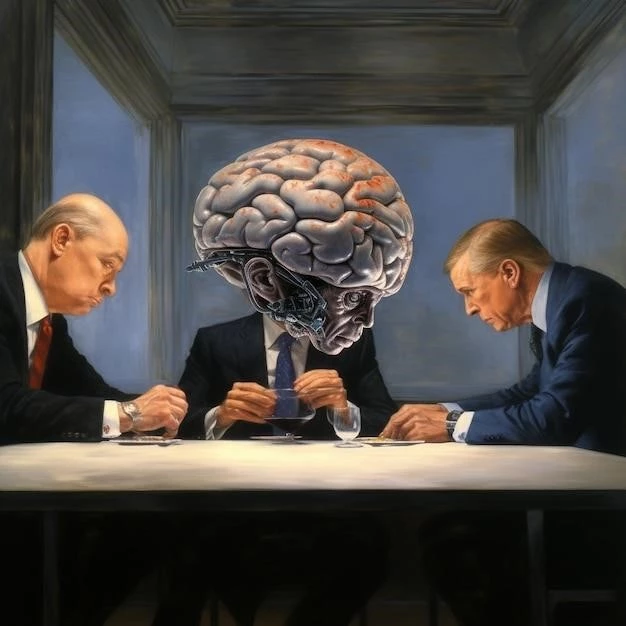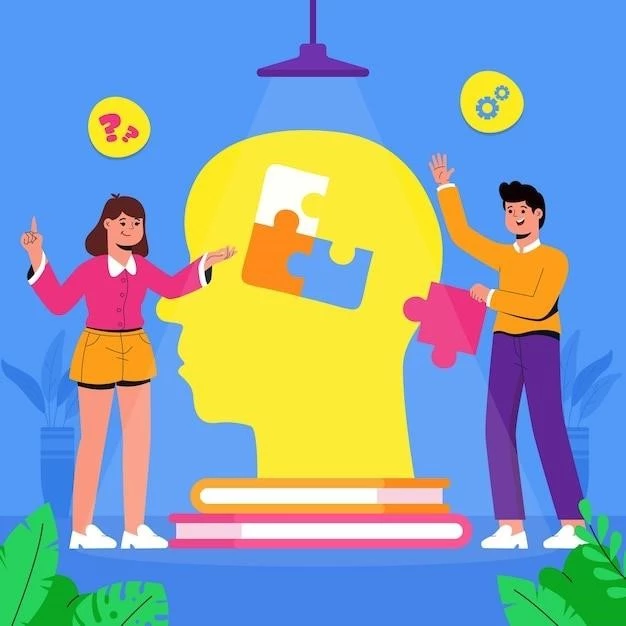Consciousness and the Brain: A Complex Relationship
The enigma of consciousness has captivated philosophers and scientists for centuries. While we experience the world subjectively, the underlying mechanisms of consciousness remain a mystery. Neuroscience, with its advanced imaging techniques and experimental paradigms, has brought us closer to understanding the neural correlates of consciousness (NCC), the brain activity that gives rise to our conscious experiences. However, the relationship between consciousness and the brain is complex and multifaceted, raising profound questions about the nature of mind and matter.

The Quest for Neural Correlates
The concept of NCC emerged from the desire to find the minimal neural mechanisms sufficient for any specific conscious percept. This search has led to the identification of several brain regions and physiological processes that are thought to be involved in consciousness, including:
- Posterior Cortical Hot Zone: Studies suggest that the anatomical NCC are primarily localized to a posterior cortical hot zone encompassing sensory areas, rather than fronto-parietal networks involved in task monitoring and reporting. This region is thought to be crucial for integrating sensory information and creating a unified conscious experience.
- Gamma Oscillations: These high-frequency brainwaves, typically found in the 30-80 Hz range, have been associated with conscious perception. They are believed to play a role in binding together different aspects of sensory information into a coherent whole.
- P3b Event-Related Potential: This brainwave, a positive-going potential that appears about 300 milliseconds after a stimulus, has been linked to conscious awareness of novelty. It reflects the brain’s response to unexpected or surprising events.
- Differentiation and Integration: Recent research suggests that the NCC might be characterized by a balance between neuronal differentiation (distinct neural activity for different stimuli) and integration (coordinated activity across different brain regions). This interplay is crucial for generating a rich and meaningful conscious experience.

Beyond Correlates: The Challenges of Consciousness
While identifying the neural correlates of consciousness is a significant step, it is important to recognize that correlation does not equal causation. Simply finding brain activity associated with a specific conscious experience does not necessarily explain how that experience arises. The relationship between consciousness and the brain is far more intricate than a simple one-to-one mapping.
Several challenges remain in understanding the relationship between consciousness and the brain:
- The Hard Problem of Consciousness: This refers to the fundamental difficulty in explaining how subjective experience arises from physical processes in the brain. It remains an open question whether neuroscience can ever fully account for the qualitative nature of conscious experience.
- The Variety of Conscious States: Consciousness is not a monolithic entity. We experience different levels of awareness, ranging from wakefulness to sleep to altered states of consciousness induced by drugs or meditation. This diversity makes it difficult to identify a single neural correlate that applies to all conscious states.
- The Role of Non-Neural Factors: While the brain is undoubtedly central to consciousness, other factors, such as our bodies and our environment, also play a role. Our physical embodiment, our social interactions, and our cultural background all shape our conscious experiences.
Future Directions: Exploring the Mystery
Despite these challenges, research into the neural correlates of consciousness continues to progress. Future directions include:
- Developing More Sophisticated Measurement Techniques: Advances in brain imaging and neurophysiological recording techniques will allow us to study brain activity with greater precision, providing a deeper understanding of the NCC.
- Investigating the Role of Networks and Dynamics: The brain is a complex network of interconnected regions, and understanding how these networks interact and evolve over time is crucial for understanding consciousness.
- Integrating Neuroscience with Other Disciplines: A truly comprehensive understanding of consciousness will require collaboration between neuroscience, psychology, philosophy, and other fields.
The relationship between consciousness and the brain remains a captivating mystery. While neuroscience has made significant progress in identifying the neural correlates of consciousness, we are still far from fully understanding how subjective experience arises from the physical processes of the brain. Continued research, driven by innovative techniques and interdisciplinary collaborations, holds the promise of unraveling this fundamental enigma.










